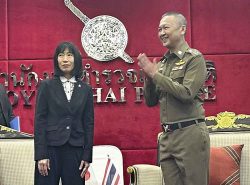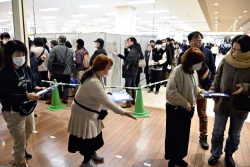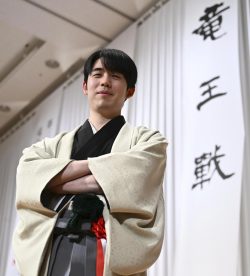Japan Takes Step Toward Preventing Donated Organs from Being Declined; Low Profitability a Factor in Hospitals Not Performing Surgeries
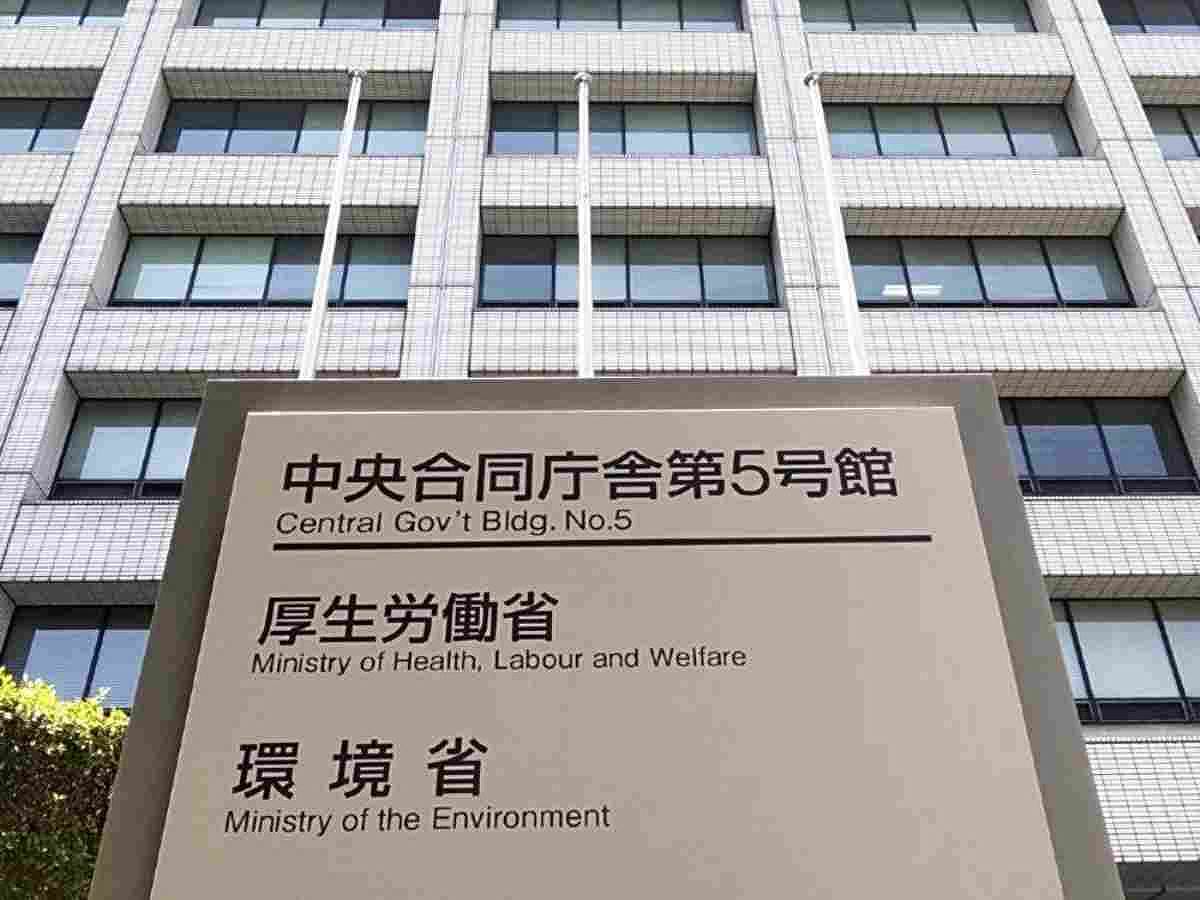
Building that houses the Health, Labor and Welfare Ministry
1:00 JST, June 29, 2024
The plan of three university hospitals preparing to perform heart transplants marks a key step toward alleviating a medical transplant system that is under considerable strain.
Medical transplantation has previously been a low-profit sector and few hospitals have been tempted to start performing these operations, so the latest development is welcome news for patients waiting for transplants.
Tokyo Medical and Dental University (TMDU) plans to apply to register as a heart transplant center as soon as next fiscal year.
“The University of Tokyo is shouldering the heavy burden of medical transplantation in the Kanto region,” said Prof. Tomoyuki Fujita, a cardiovascular surgery expert at the university.
This year, TMDU has dispatched heart surgeons and cardiologists to Germany, as well as the National Cerebral and Cardiovascular Center, a facility in Osaka Prefecture with an extensive track record in performing transplants, to accumulate experience. In addition, a university task force is preparing manuals and holding regular training sessions. The university is scheduled to establish a medical transplantation department in April 2025.
According to a recent survey by the Japanese Society for Heart Transplantation, the University of Tokyo Hospital, which is near TMDU, has declined 15 heart donations from brain-dead donors in 2023. A different survey conducted this month revealed that five patients who lost the opportunity to receive the necessary surgeries due to the hospital declining the organs, still has not received transplants.
“If TMDU is approved to perform transplant surgeries and these operations actually happen, the burden on the University of Tokyo will decrease,” said University of Tokyo Prof. Minoru Ono, a cardiac surgery expert. “We want to help in any way we can, such as through personnel exchanges and education.”
On June 18, the Health, Labor and Welfare Ministry announced plans to establish a system through which patients waiting for transplants would be able to register to undergo surgery at multiple medical facilities. For instance, if it becomes difficult to receive a transplant at the University of Tokyo, the patient would then be given the option to get the surgery at TMDU, which works closely with the University of Tokyo Hospital.
Filling in regional gaps
As the Chugoku and Shikoku regions lacked heart transplant centers, patients living in these areas had to register at hospitals at Osaka University, Kyushu University and elsewhere, if they wished to receive a transplant.
Okayama University has facilities for performing lung, liver and kidney transplants. One heart transplant was conducted at the university hospital in 2013, but it was later dropped as a registration option following changes to the requirements for running such a facility.
“We’ll work closely with Osaka University and the National Cerebral and Cardiovascular Center and initially aim to perform about five transplants per year,” Prof. Shingo Kasahara from Okayama University’s Cardiovascular Surgery Department said.
Ehime University Hospital was registered as a heart transplant facility this spring and is currently making such preparations as introducing systems necessary for performing such transplants.
Hurdles
Most of heart, lung and liver transplants are performed at national and public medical institutions. The three universities preparing to become transplant centers are also national universities.
Low profitability is one reason why hospitals do not perform organ transplants. It is expensive to always have enough staff on hand and keeping operating rooms constantly running, including on holidays and at night. Having long-term patients could also put hospitals into debt.
“It’s our dream to perform heart transplants, and it is part of our contribution to society,” said Yasuhisa Fujii, director of TMDU Hospital.
Another reason is that it takes time to train personnel with various specialties when creating a transplant team. In addition to surgeons, safe transplants require anesthesiologists, internists, nurses and clinical engineers.
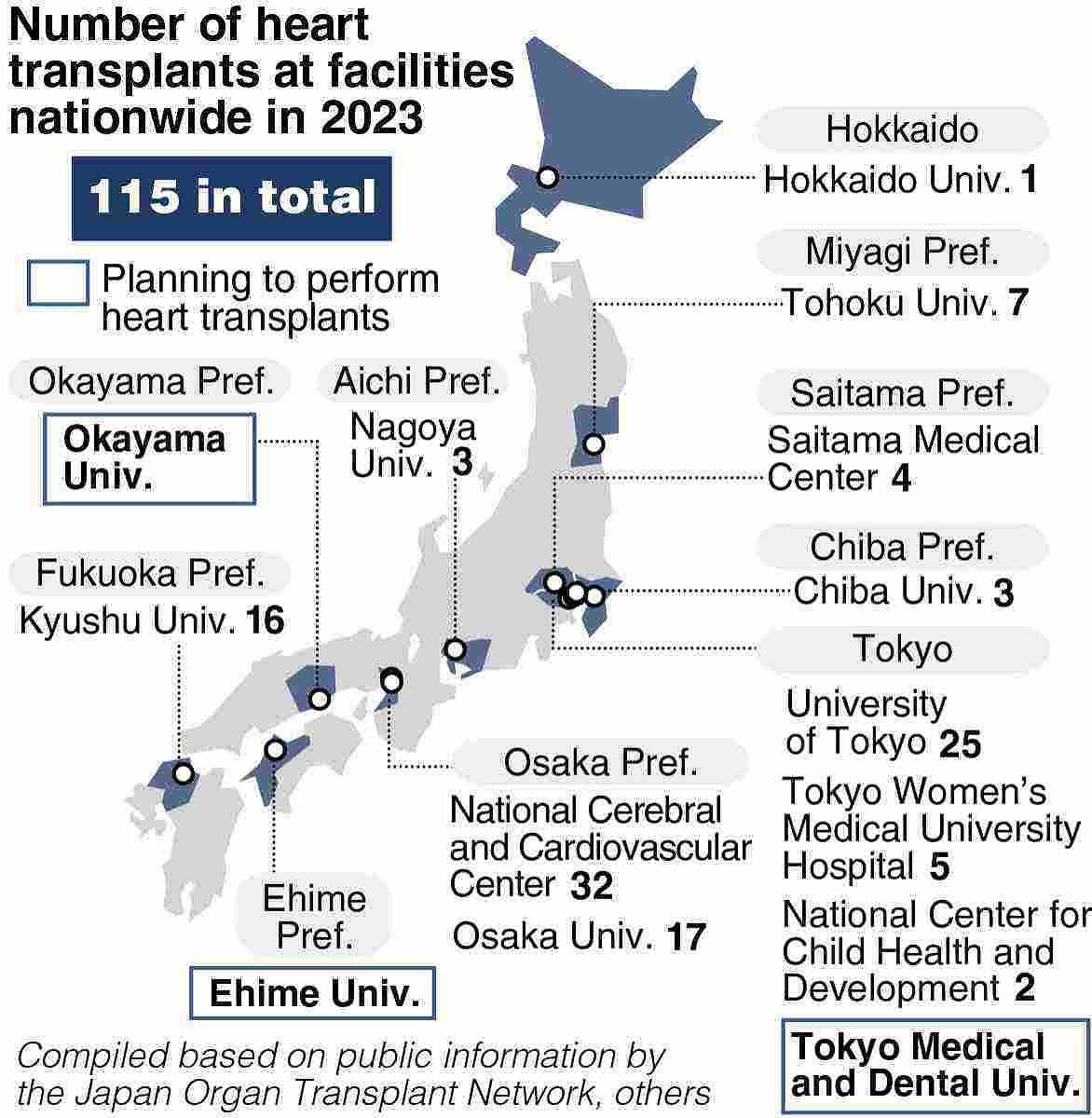
In 2023, a record 132 organs were provided by brain-dead donors, and 115 hearts were transplanted. A research team of the Health, Labor and Welfare Ministry estimated that at least 10,000 patients were possibly brain dead that year in Japan, showing a possibility of a significant increase in donors if efforts are made.
As of May, more than 16,000 people in Japan were waiting for transplants, including 842 heart patients.
“Even if the number of transplant facilities increases, the medical field will eventually become exhausted if the current situation relies solely on the conscience of hospitals to fulfill a mission of contributing to society,” said Toru Aruga, an advisor to Japan Organization of Occupational Health and Safety who has been working to increase organ donations. “The government should provide strong backup, including financial support.”
Top Articles in Society
-

JAL, ANA Cancel Flights During 3-day Holiday Weekend due to Blizzard
-

Australian Woman Dies After Mishap on Ski Lift in Nagano Prefecture
-

Record-Breaking Snow Cripples Public Transport in Hokkaido; 7,000 People Stay Overnight at New Chitose Airport
-

Foreign Snowboarder in Serious Condition After Hanging in Midair from Chairlift in Nagano Prefecture
-

Train Services in Tokyo Resume Following Power Outage That Suspended Yamanote, Keihin-Tohoku Lines (Update 4)
JN ACCESS RANKING
-

Univ. in Japan, Tokyo-Based Startup to Develop Satellite for Disaster Prevention Measures, Bears
-

JAL, ANA Cancel Flights During 3-day Holiday Weekend due to Blizzard
-

China Confirmed to Be Operating Drilling Vessel Near Japan-China Median Line
-

China Eyes Rare Earth Foothold in Malaysia to Maintain Dominance, Counter Japan, U.S.
-

Japan Institute to Use Domestic Commercial Optical Lattice Clock to Set Japan Standard Time



